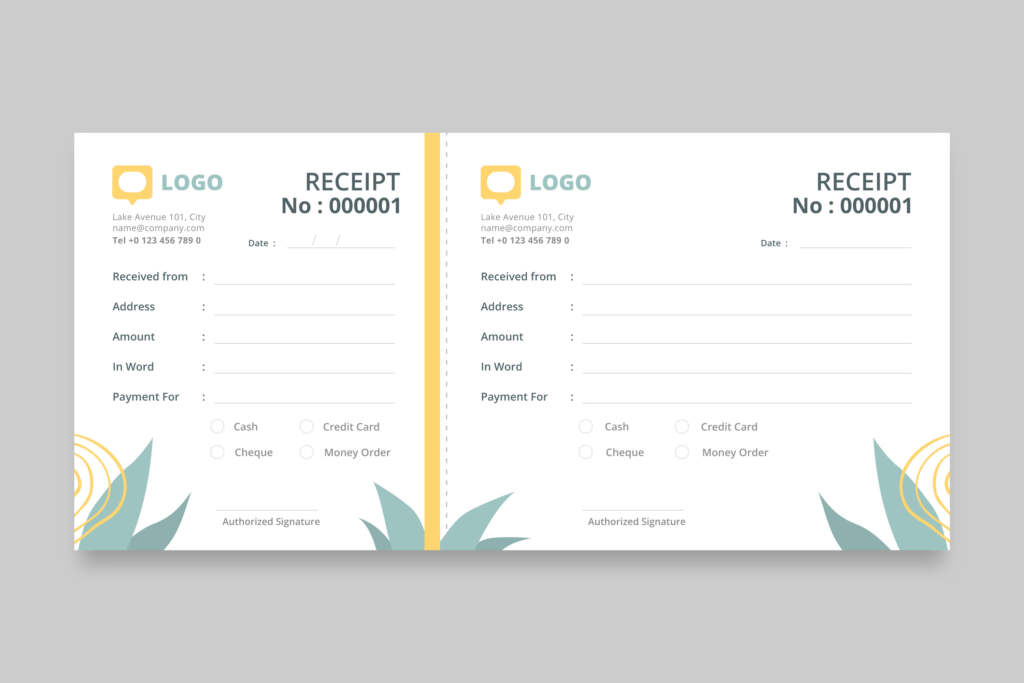Pay Stubs for Contractors: Intermediate Freelance Guide
Pay Stubs for Contractors: An Essential Guide for Freelancers
Many freelancers underestimate the importance of structured financial documentation until they need to apply for a loan, rent an apartment, or navigate a tax audit. By learning to generate your own pay stubs, you can avoid these pitfalls and establish a robust financial recordkeeping system. Explore our pay stub templates library for ready-made formats to simplify the process.
Why Pay Stubs are a Must-Have for Independent Contractors
As a freelancer, you are your own employer, accountant, and HR department. Having a detailed record of your earnings is non-negotiable. Pay stubs provide a consolidated, professional record that offers several key advantages:
- Income Verification and Financial Credibility: Banks, landlords, and credit lenders require proof of steady income. While a collection of invoices can be confusing, a series of standardized pay stubs for contractors provides clear evidence of consistent earnings. For more on income verification, check IRS payment verification guidelines.
- Simplified Tax Preparation: Contractors are responsible for self-employment taxes. Using pay stubs to track earnings, deductions, and expenses simplifies quarterly and annual filings. The IRS Self-Employment Tax Guide provides helpful details.
- Enhanced Professionalism: Issuing a regular pay stub demonstrates organization and accountability to clients and partners.
- Accurate Recordkeeping: Consolidate all financial data, including gross pay, deductions, net pay, and Year-to-Date (YTD) totals. For more payroll strategies, see our pay stub tips and best practices.
What Should Be Included in Pay Stubs for Contractors?
A credible pay stub needs specific information to be valid. Including these essential details ensures your pay stubs are accurate and professional.
- Contractor and Client Information: Your name, address, and contact details, along with client name.
- Pay Period and Date: Exact dates covered and the payment date.
- Gross Earnings: Total earned before deductions or expenses.
- Deductions and Withholdings: Self-employment taxes, health insurance, retirement contributions.
- Net Pay: Amount received after deductions.
- Year-to-Date (YTD) Totals: Cumulative earnings and deductions. See IRS Schedule C guide for small business reporting tips.
Using a template from a professional pay stub generator ensures you include all critical info.
Pay Stubs vs. Invoices: Understanding the Key Difference
Many freelancers use invoices as their primary financial record, but it’s important to understand the difference. They serve distinct functions.
- An Invoice is a Request for Payment: You bill a client for services rendered.
- A Pay Stub is Proof of Payment: Created after payment is received. Shows gross earnings, deductions, and net pay.
Maintaining both ensures a complete financial trail. For guidance, visit the SHRM guide to pay stubs.
How to Easily Generate Pay Stubs as a Contractor
- Use a Pay Stub Generator: Input gross earnings, deductions, and client info. The pay stub generator formats a professional stub automatically.
- Keep Records: Track client names, payment amounts, pay periods, and expenses.
- Store Secure Copies: Maintain digital and hard copies for tax or audit purposes.
Explore our pay stub templates library for ready-to-use formats.
Conclusion: Long-Term Benefits of Pay Stubs for Freelancers
Using pay stubs for contractors enhances professionalism, simplifies taxes, and provides a clear financial overview. Employ a trusted pay stub generator to make this a regular workflow. For federal guidelines, consult the U.S. Department of Labor and IRS resources for self-employed contractors.

